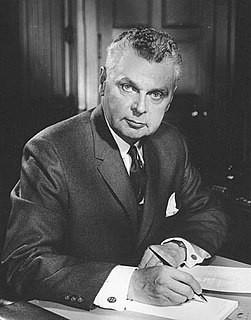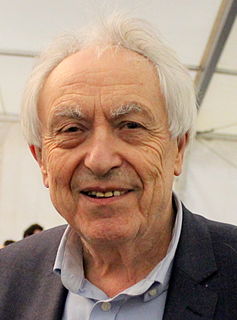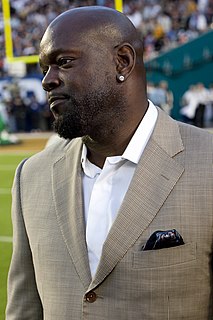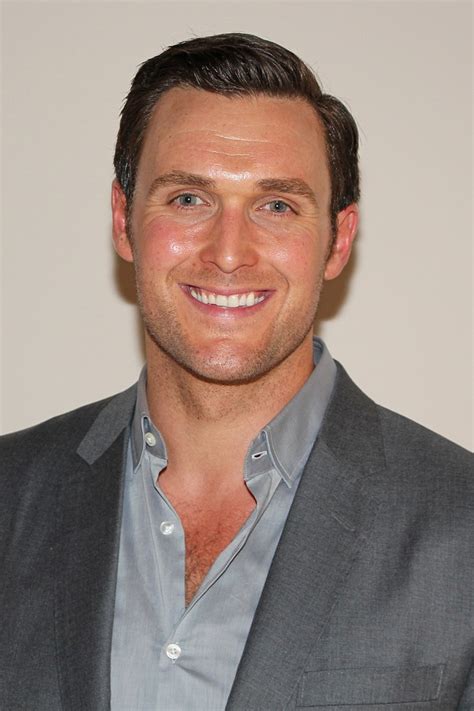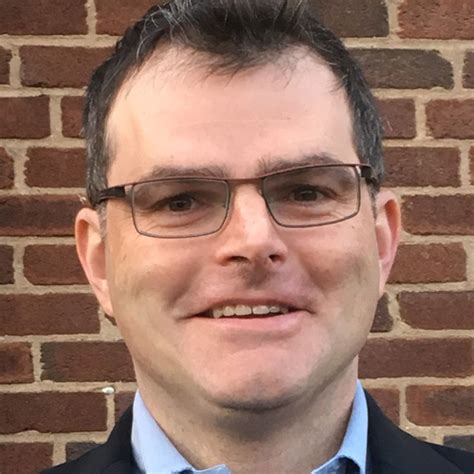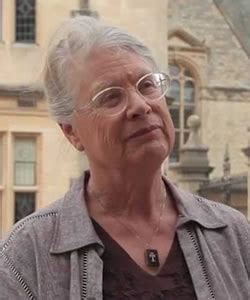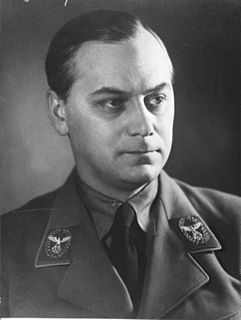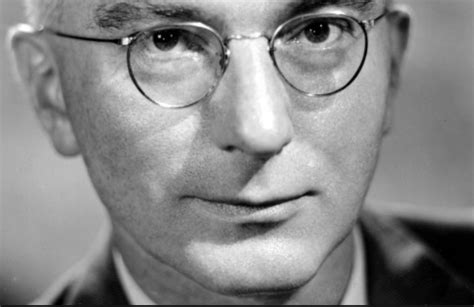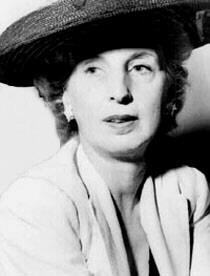Top 1200 Medical History Quotes & Sayings - Page 4
Explore popular Medical History quotes.
Last updated on November 15, 2024.
Sarah Buckley is precious, because she is bilingual. She can speak the language of a mother who gave birth to her four children at home. She can also speak like a medical doctor. By intermingling the language of the heart and the scientific language she is driving the history of childbirth towards a radical and inspiring new direction.
History is my passion. So I write what I love to read. I find that if I combine history with a strong, sensual romance, it is like a one-two punch. The reader doesn't want the history without the romance, and of course the heavier the history, the more it has to be leavened with a sensual, all-consuming love story.
I feel history is more of a story than a lesson. I know this idea of presentism: this idea of constantly evoking the past to justify the present moment. A lot of people will tell you, "history is how we got here." And learning from the lessons of history. But that's imperfect. If you learn from history you can do things for all the wrong reasons.
Over the past two decades the pharmaceutical industry has moved very far from its original high purpose of discovering and producing useful new drugs. Now primarily a marketing machine to sell drugs of dubious benefit, this industry uses its wealth and power to co-opt every institution that might stand in its way, including the US Congress, the FDA, academic medical centers, and the medical profession itself.
The medical system in the United States is among the best in the world, if not the best. What if we were to make the United States a medical destination? That would bring a lot of people here because there are a lot of sick people around the world. If they can get U.S. treatment, they will take it, but now think about what that will do.
It is an irony of medical history that even as Freud's later work would make him the progenitor of modern psychodynamic psychotherapy, which is generally premised on the idea that mental illness arises from unconscious psychological conflicts, his papers on cocaine make him one of the fathers of biological psychiatry, which is governed by the notion that mental distress is partly caused by a physical or chemical malfunction that can be treated with drugs.
Black History is enjoying the life of our ancestors who paved the way for every African-American. No matter what color you are, the history of Blacks affected everyone; that's why we should cherish and respect Black history. Black history changed America and is continuing to change and shape our country. Black history is about everyone coming together to better themselves and America. Black history is being comfortable in your own skin no matter what color you are. Black history makes me proud of where I came from and where I am going in life.
Estimates suggest that from 20 to 50 million Americans routinely, albeit illegally, smoke marijuana without the benefit of direct medical supervision. Yet, despite this long history of use and the extraordinarily high numbers of social smokers, there are simply no credible reports to suggest that consuming marijuana has caused a single death. By contrast, aspirin, a commonly used, over-the-counter medicine, causes hundreds of deaths each year.
London' is a gallery of sensation of impressions. It is a history of London in a thematic rather than a chronological sense with chapters of the history of smells, the history of silence, and the history of light. I have described the book as a labyrinth, and in that sense in complements my description of London itself.
What does calling this medical care legislation "historic" mean? It means that previous administrations gave up the idea when it became clear that the voting public did not want government control of medical care. What is "historic" is that this will be the first administration to show that it doesn't care one bit what the public wants or doesn't want.
For the most part, people use "empathy" to mean everything good. For instance, many medical schools have courses in empathy. But if you look at what they mean, they just want medical students to be nicer to their patients, to listen to them, to respect them, to understand them. What's not to like? If they were really teaching empathy, then I'd say there is a world of problems there.
The settler makes history and is conscious of making it. And because he constantly refers to the history of his mother country, he clearly indicates that he himself is the extension of that mother country. Thus the history which he writes is not the history of the country which he plunders but the history of his own nation in regard to all that she skims off, all that she violates and starves.
Pregnancy takes a huge physical toll on your body. I have many friends who have had babies and many of them require medical help and attention, emergency Cesarean sections and forceps. If you think that people just have a kid and it's no big deal, that's not true. It's one of the most dangerous things for a woman to do. If you take away access to accessible medical women in America, you're going to bump up the death rate.
A bag of quality marijuana in Minnesota will cost you 400 bucks, in Colorado it'll cost you 100 and a quarter. Medical Marijuana, a pill that you've got to pay for - which, it's allowed in Minnesota, but it's so restricted - costs $600 a month. If you live in Colorado you can get the same medical marijuana for $30 a month. See why it needs to be legalized across the board?
The introduction of the Christian religion into the world has produced an incalculable change in history. There had previously been only a history of nations--there is now a history of mankind; and the idea of an education of human nature as a whole.--an education the work of Jesus Christ Himself--is become like a compass for the historian, the key of history, and the hope of nations.
...it would be a simple way of solving the goiter problem. And in addition to that it would be the biggest thing in a medical proposition to be carried out in the state of Michigan, and Michigan is a large place. And as I thought of the thing the more convinced I became that this oughtn't to be a personal thing, This ought to be something done by the Michigan State Medical Society as a body. Recommending the addition of a trace of iodine to table salt.
I have to throw in on a personal note that I didn't like history when I was in high school. I didn't study history when I was in college, none at all, and only started to do graduate study when my children were going to graduate school. What first intrigued me was this desire to understand my family and put it in the context of American history. That makes history so appealing and so central to what I am trying to do.
'London' is a gallery of sensation of impressions. It is a history of London in a thematic rather than a chronological sense with chapters of the history of smells, the history of silence, and the history of light. I have described the book as a labyrinth, and in that sense in complements my description of London itself.
I don't think there's a problem. First of all, I don't think music turns people into social liabilities. Because you hear a lyric - there's no medical proof that a person hearing a lyric is going to act out the lyric. There's also no medical proof that if you hear any collection of vowels and consonants, that the hearing of that collection is going to send you to Hell.
Communism and socialism is [sic] seductive. It promises us that people will contribute according to ability and receive according to needs. Everybody is equal. Everybody has a right to decent housing, decent food and affordable medical care. History should have taught us that when we hear people talk this stuff - watch out!
We should emphasize not Negro History, but the Negro in history. What we need is not a history of selected races or nations, but the history of the world, void of national bias, race, hate, and religious prejudice. There should be no indulgence in undue eulogy of the Negro. The case of the Negro is well taken care of when it is shown how he has far influenced the development of civilization.

